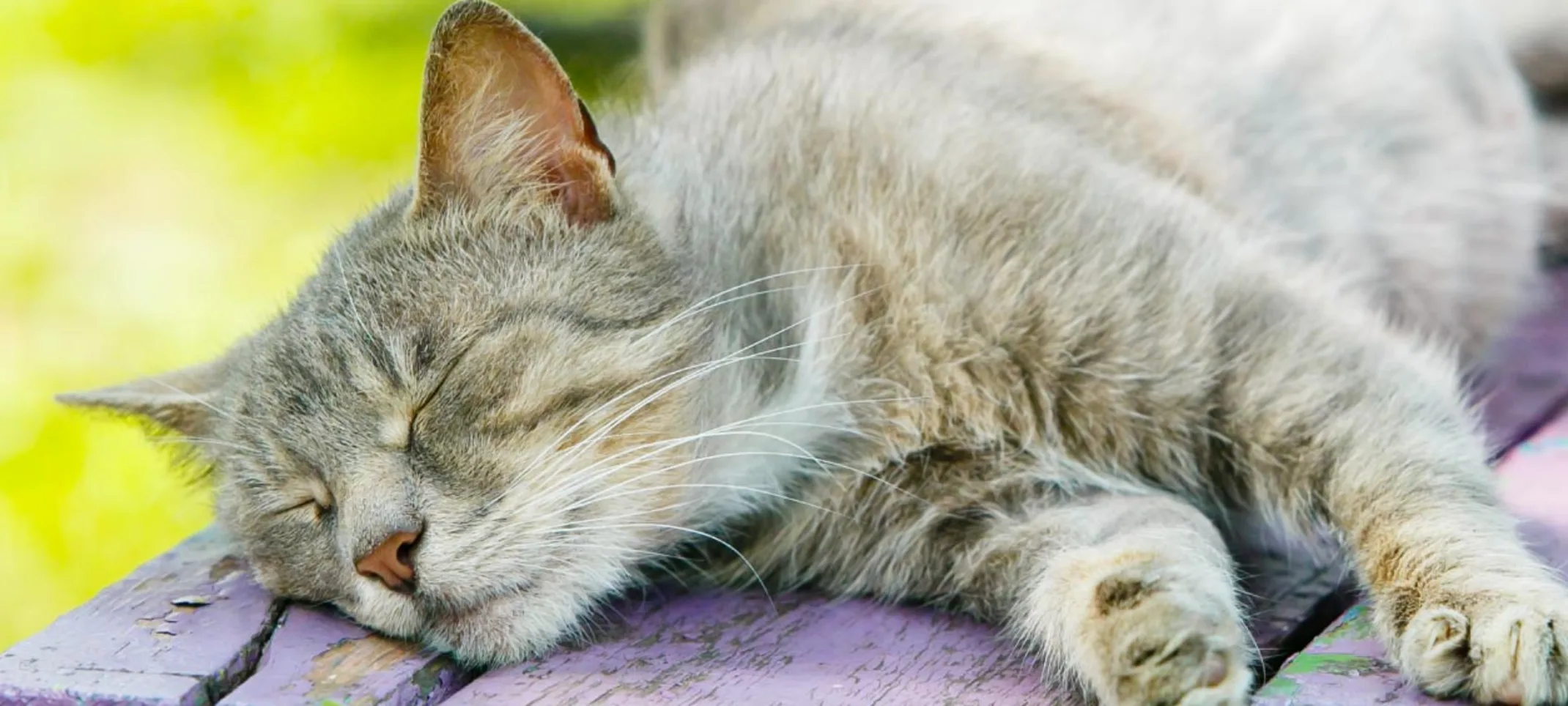Memorial Cat Hospital in Houston Texas
Senior Cat Care
Thanks to the advancements in veterinary medicine, cats are living longer than ever.

Overview
However with this increased lifespan comes an increase in the variety of conditions and diseases that they are susceptible to including osteoarthritis, kidney disease, heart disease, liver disease, cancer and diabetes. And because cats age faster than we do, health problems can progress much more rapidly. We pay special attention to your senior cat's comfort level and address any concerns about pain.
According to the American Animal Hospital Association, scheduling regular veterinary examinations is one of the most important steps cat owners can take to keep their cats healthy. Memorial Cat Hospital recommends that healthy senior cats (age 7+) visit the veterinarian every six months for a complete exam and laboratory testing.
Your senior cat's wellness exam should include the following:
Health Consultation
Physical Examination
Pain assessment
Oral Exam
Nutritional Counseling
Diagnostic Tests
Intestinal Parasite Test
Overall Wellness Recommendation
Vaccinations (if necessary)
Blood Work
A visit to your veterinarian is imperative if you notice any of the following:
Changes in mobility: difficulty getting up from a down position, trouble with stairs, limping, decrease in ability to jump on furniture or jump into the car, decrease in play activity
Unexplained weight loss
Excessive drinking and/or urination
Loss of appetite or lethargy
Behavior changes
Diarrhea or vomiting
Skin lumps, bumps or irritation
Bad breath, plaque on teeth or bleeding gums
Ear odors, redness, scratching or head shaking
Unexplained weight gain
Click below for more information on life stage care for your cat.
